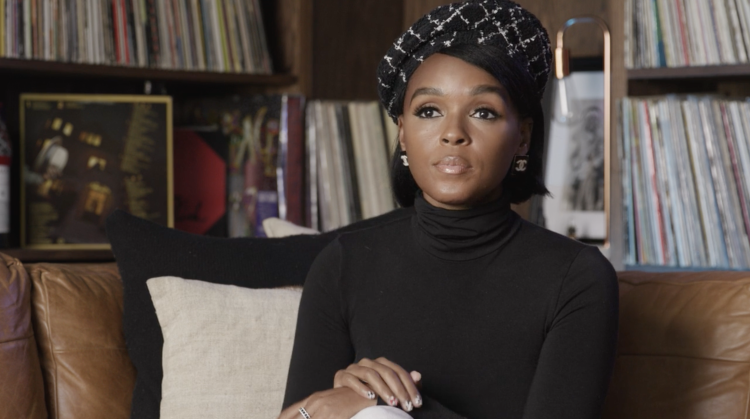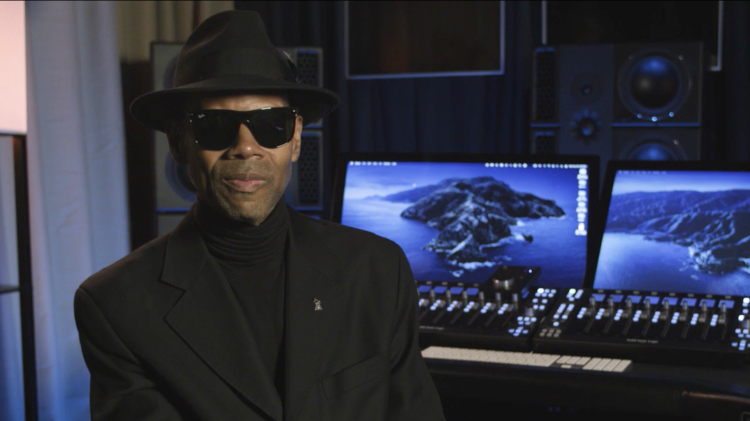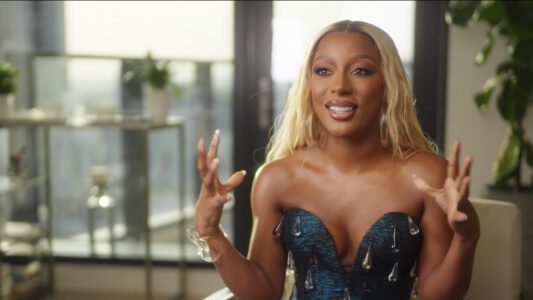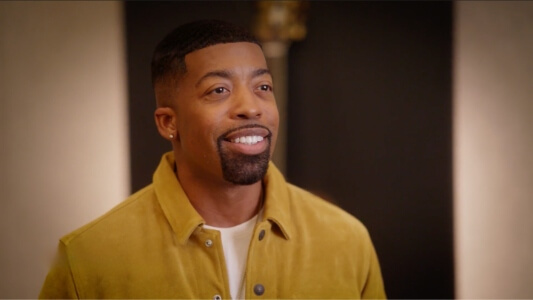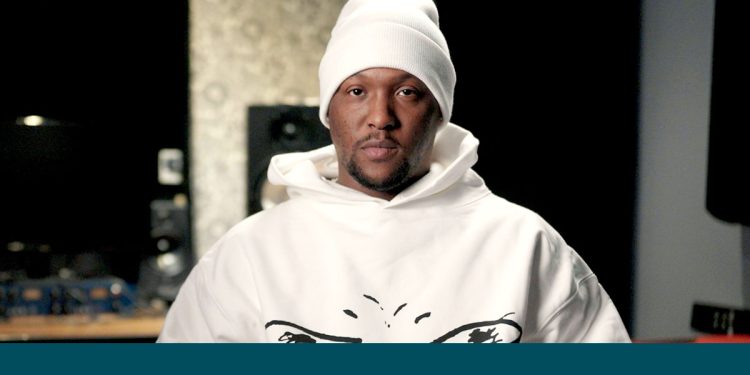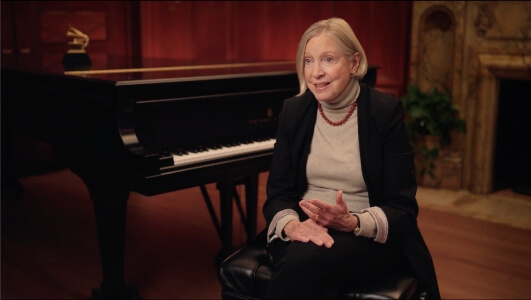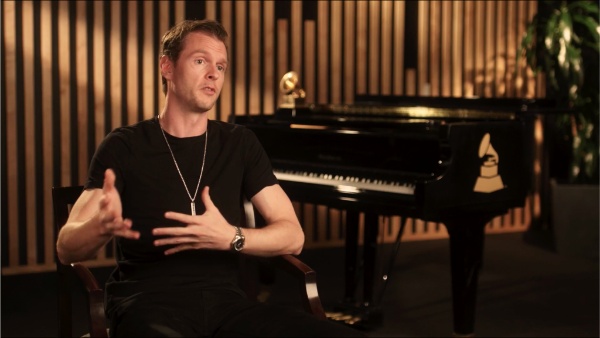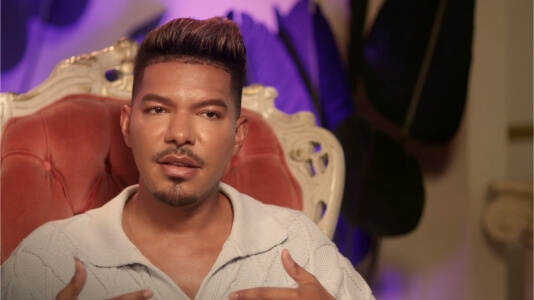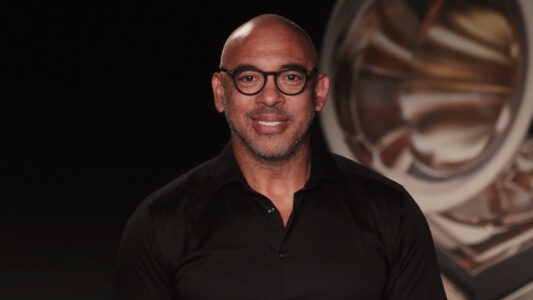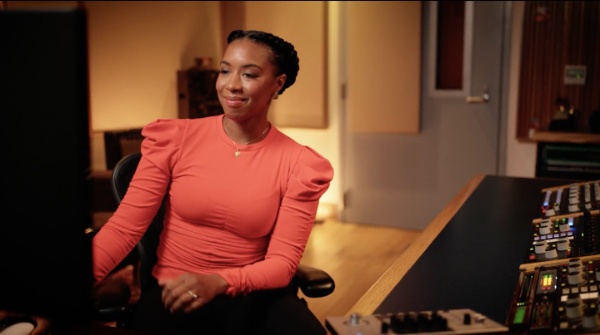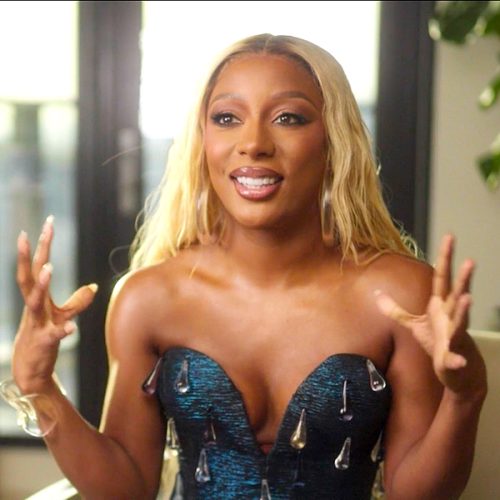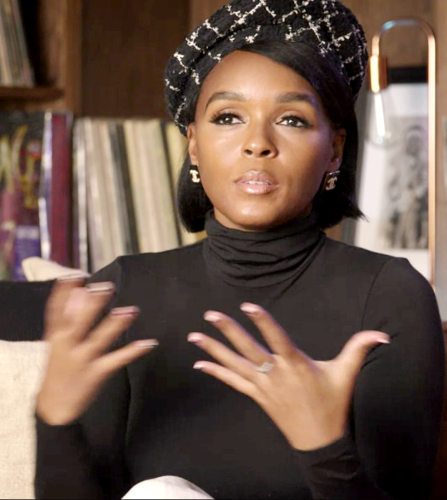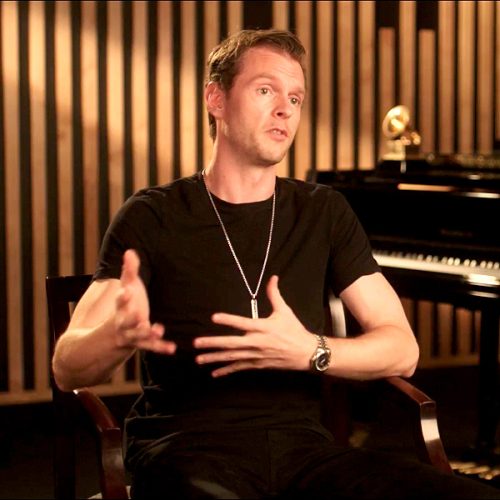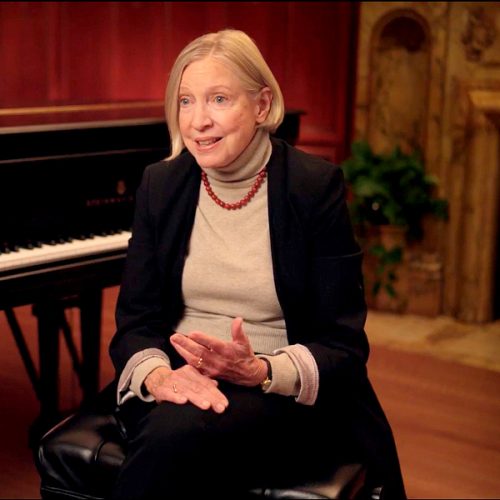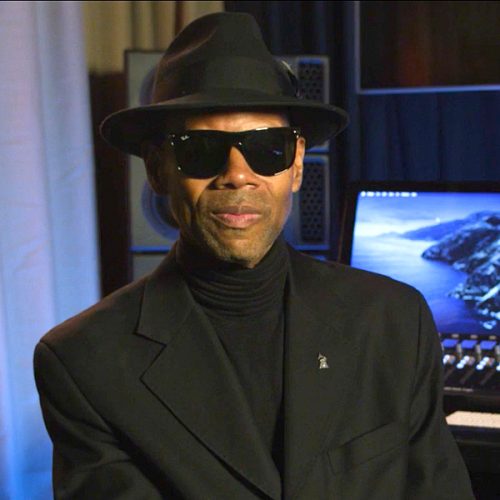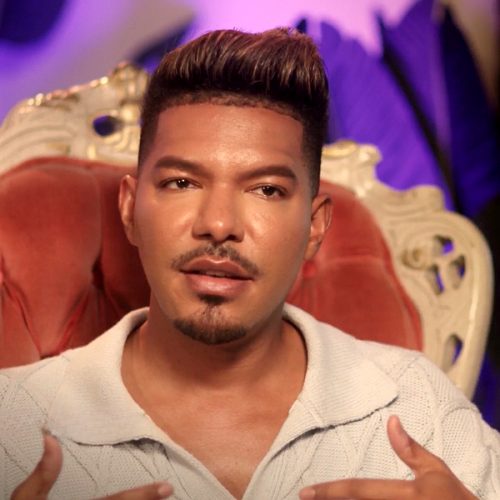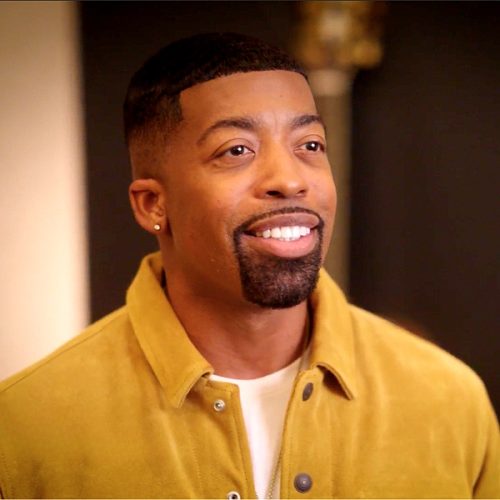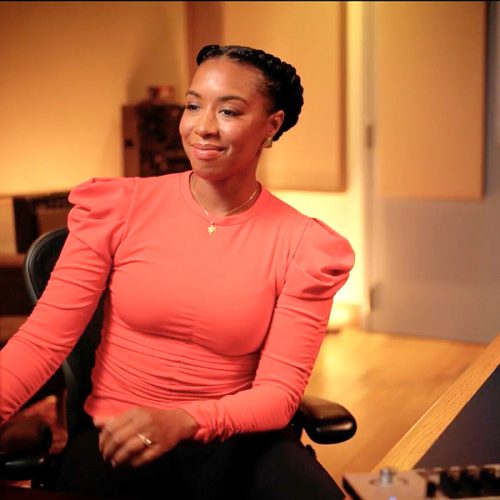Overview
Unlocking the Significance of Music Publicists and Pathways to Becoming One
A.K.A.

Looking to make your mark in the music industry? Ever wondered how artists secure those coveted features and placements? Enter the unsung hero of the music world – the music publicist. In an area where visibility is key, having a skilled publicist can be the difference between a hidden gem and a chart-topping sensation.
Discover GRAMMY GO courses exclusively on Coursera
Music publicists are the masterminds behind press kits, press releases, and media connections that propel artists into the spotlight. They navigate the complex world of blogs, interviews, and playlists to ensure your music reaches the right ears. Landing on popular platforms like Spotify playlists can skyrocket your career, but it’s no easy feat without a seasoned publicist by your side.
Curious about the ins and outs of this dynamic role? Discover the career path, skills, and education needed to become a music publicist. Uncover the strategies to build your brand image, secure media coverage, and eventually, make waves in the music industry.
Music Publicists – The Maestros Behind the Music
Music publicists play a crucial role in the music industry, serving as the maestros behind the scenes who orchestrate the visibility and success of artists. These professionals are instrumental in securing features and placements for musicians across various platforms, ensuring that their music reaches a wider audience and receives the recognition it deserves.
Publicists help artists build their brand image and presence by strategically placing their work in blogs, interviews, reviews, and guest blogs. They work tirelessly to ensure that the artist’s message is effectively communicated to the public, helping to create a strong and lasting impression in the industry.
To become a successful music publicist, you need to possess innovative and creative pitching skills. It’s essential to identify the appropriate outlets that align with the artist’s genre and style, ensuring that your pitches are tailored to each specific platform. By vetting these outlets thoroughly, you can increase the chances of securing meaningful coverage for your clients.
When reaching out to editors, staff, and freelancers at various outlets, it’s crucial to craft compelling pitches that capture their interest and make them eager to listen to the music. Establishing solid connections and maintaining professional relationships with media professionals is key to gaining their trust and support.
Once you’ve garnered commitment from a press outlet, it’s vital to follow through diligently. Ensure that all necessary materials are provided promptly, interviews are scheduled efficiently, and pieces are published as agreed. By staying organized and proactive, you can guarantee a smooth and successful collaboration with the media.
In the rapid music industry, publicists play a pivotal role in shaping the narrative around artists and their work. Their dedication, creativity, and ability to navigate the media world make them indispensable partners in an artist’s journey to success. Embrace the challenges and rewards of this dynamic profession, and you could be the next maestro behind the music, bringing your client’s talents to the forefront of the industry.
The difference between PR and marketing
In the music industry, understanding the distinctions between Public Relations (PR) and Marketing is crucial for aspiring music publicists like you. While both PR and Marketing play significant roles in promoting musicians and enhancing their visibility, they focus on distinct aspects of the industry.
Public Relations (PR)
As a music publicist, PR will be a core aspect of your role. PR in the music industry is primarily about increasing awareness, enhancing publicity, and maintaining a positive reputation for artists. It involves securing media placement through earned media, meaning you don’t pay for the publicity you receive. Your job will revolve around managing relationships with media outlets, securing press coverage, and shaping the public perception of artists.
Marketing
On the other hand, Marketing in the music industry is more focused on promoting and selling products, services, and ideas to boost sales and revenue. It typically involves paid media tactics such as advertising and sponsorships where you pay for placements to reach a target audience. Marketing strategies aim to drive sales, increase fan engagement, and promote music releases through various paid channels.
Understanding the difference between PR and Marketing is essential as you pursue a career as a music publicist. While PR focuses on reputation management and publicity through earned media, Marketing centers on sales promotion through paid media avenues. As you navigate the music industry, mastering both PR and Marketing concepts will be key to effectively promoting artists and advancing their careers.
Music publicist responsibilities
Music publicists play a crucial role in the success of musicians by managing their public image and enhancing their visibility. As a music publicist, you act as a liaison between artists and the public, handling media and public relations to boost artists’ recognition and visibility across various platforms.
- Crafting Press Releases: One of your key responsibilities as a music publicist is to create engaging press releases that highlight important milestones, new projects, or significant achievements of the artist you represent. These press releases aim to generate interest and buzz among the media and fans.
- Securing Media Features: Music publicists are tasked with securing features for artists in magazines, blogs, radio shows, and podcasts. This involves strategically pitching stories and promotional materials to journalists and media professionals to secure coverage that amplifies the artist’s presence.
- Managing Social Media Presence: In the modern digital era, maintaining a strong social media presence is paramount for artists. Music publicists work on developing and executing social media strategies to engage with fans, promote new releases, and create a buzz around upcoming performances.
- Organizing Press Campaigns: Music publicists are responsible for organizing press campaigns for artists, including press conferences, interviews, and media interactions. These campaigns are designed to generate publicity, build positive public perceptions, and increase the artist’s reach.
- Enhancing Artist Visibility: The primary focus of a music publicist is to enhance the artist’s visibility and shape a positive public image. By securing media coverage, managing social media presence, and organizing press campaigns, music publicists play a pivotal role in advancing the careers of musicians in the competitive music industry.
These responsibilities require a mix of creativity, strategic thinking, and excellent communication skills to effectively showcase artists and their work to a global audience. As a music publicist, you contribute significantly to shaping the narrative around musicians, helping them reach new heights in their careers.
Notable Music Publicist and the Artists They Impacted
Music publicists are the unseen architects behind many successful careers in the music industry, orchestrating the public image and media presence of artists. Notable publicists such as Howard Bragman, who has represented legendary figures like Stevie Wonder and Prince, have left an indelible mark on the industry. Bragman is renowned for his crisis management skills, notably steering Michael Jackson through some of his most challenging times. Another influential publicist, Liz Rosenberg, played a pivotal role in Madonna’s rise to global superstardom, skillfully managing her media relations for decades. Additionally, Claire Singers has been instrumental in promoting classical musicians, helping artists like Gustavo Dudamel and Lang Lang achieve international acclaim. These publicists’ ability to craft compelling narratives and maintain positive relationships with media outlets has been crucial in building and sustaining the careers of their high-profile clients, cementing their legacy as key players in the music industry.
If you’re a music publicist aiming to enhance your market value by building your personal brand, consider enrolling in GRAMMY GO‘s ‘Building Your Audience for Music Professionals’ specialization on Coursera. This course offers essential insights into branding, not only for creators but also for those working behind the scenes. In today’s industry, every professional can benefit from cultivating a strong personal brand. This specialization will equip you with the skills necessary to effectively promote and distinguish yourself in the competitive music business landscape.
Salary and job outlook for music publicists
How Does a Music Publicist Get Paid?
As we’ve discussed, music publicists play a crucial role in the music industry by nurturing artists’ visibility and success through strategic media placements and public relations management. They act as the bridge between artists and the public, handling press releases, securing media features, managing social media presence, and orchestrating press campaigns to elevate artists’ recognition.
Understanding the Payment Structure
If you’re considering a career as a music publicist, you may wonder how these professionals get compensated for their valuable services. Publicists’ payment methods can vary depending on whether they are employed by a record label, PR firm, or another music organization, or if they operate independently.
Salaried Publicists
Salaried music publicists typically receive an average annual salary of $47,100, with a salary range spanning from $35,000 to $64,000. When working for a record label, PR firm, or music organization, publicists are often paid a fixed salary. This steady income model provides financial stability and may include benefits such as healthcare coverage and paid time off.
$47.1K
AVG

Independent Publicists
Independent music publicists have a different payment structure. They collaborate with artists directly to determine a set fee, which can be paid monthly, quarterly, or at other agreed-upon intervals based on the contractual terms. Independent publicists are responsible for their business expenses such as photocopying and postage and may negotiate higher fees based on their expertise and client portfolio.
Job Outlook for Music Publicists
The job outlook for music publicists is projected to remain steady in the coming years as the demand for skilled professionals in the music industry continues. Publicists play a vital role in shaping artists’ public image, promoting their work, and securing media coverage to enhance their overall visibility.
Growing Demand for Publicists
With the proliferation of digital platforms and the increasing importance of online presence, the need for music publicists is on the rise. Publicists are instrumental in exploring the complex world of media outlets, online publications, and social media channels to ensure artists receive maximum exposure and engagement.
Diverse Opportunities
Music publicists can explore diverse opportunities within the industry, whether working with record labels, independent artists, PR firms, or specialized music agencies. The versatility of the role allows publicists to engage with a variety of clients, genres, and projects, contributing to a dynamic and fulfilling career path.
Frequently Asked Questions
What is the role of music publicists?
Music publicists enhance artists’ visibility through media placements, social media management, and press campaigns to boost recognition.
How much do music publicists earn?
The average annual salary for salaried music publicists is $47,100, while independent publicists negotiate fees directly with artists.
Are there diverse opportunities for music publicists?
Yes, music publicists can work with record labels, independent artists, PR firms, or specialized music agencies, offering a dynamic career path.
What is the job outlook for music publicists?
The job outlook remains steady due to the increasing need for professionals who can shape artists’ public image and secure media coverage in the digital landscape.
What educational background do music publicists usually have?
Many music publicists hold degrees in public relations, communications, journalism, or related fields to build a solid career foundation.
Is a college degree necessary to become a publicist?
While advantageous, a degree isn’t mandatory. Strong communication skills, networking prowess, and media savvy are highly valued in the industry.
